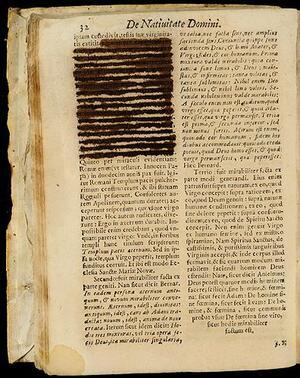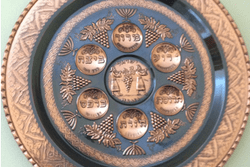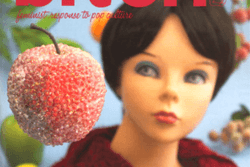Recording History, Warts and All
In 2010, the Texas Board of Education came under fire for their new curriculum standards. The new curriculum “plays down the role of Thomas Jefferson among the founding fathers, questions the separation of church and state, and claims that the U.S. government was infiltrated by Communists during the Cold War” according to a report from the Washington Post. The changes caused a stir and many historians spoke out against them, saying it was an inaccurate and glorified representation of U.S. History. I found these actions absolutely horrific, and I continue to be shocked at the willingness of school boards in Texas, and most recently in Oklahoma, to undermine and subvert historical record for a more flattering depiction of the actions of cultures, countries, and individuals.
So, when prompted with the question, “Which piece of culture would you like history to forget?” I truly couldn’t think of anything. To willingly want to erase a historical cultural record really shows no regard for history at all. The culture we create is a reflection of our values during that period. Books, movies, TV, music, are the most compelling historical records we have of the mood of a society, and this includes the ugly parts. When I think about how today’s culture will be remembered, I hope it is seen in all its complexity as a time when most media is overwhelmed by male, cis-gendered, upper class, white narratives but also as a time when diversity started emerging as important to consumers. More and more, stories about women, LGBTQ folks, people of color, and other stories not often told, are becoming more valuable to the cultural canon. That is how I want us to be remembered.
Today, we remember Birth of a Nation, black face, sexist advertisements, and anti-homosexual propaganda among other ugly points in cultural history because history is not a social justice movement—history allows us to piece together traditions of yesteryear so that cultures of the past can inform how we live today. For the same reason I condemn glorifying American history, I condemn wanting to “forget” any part our contemporary culture because I’d like our culture to be remembered for the problematic one it is—not the all-inclusive society we aspire to be.
This piece was written as part of JWA’s Rising Voices Fellowship.






